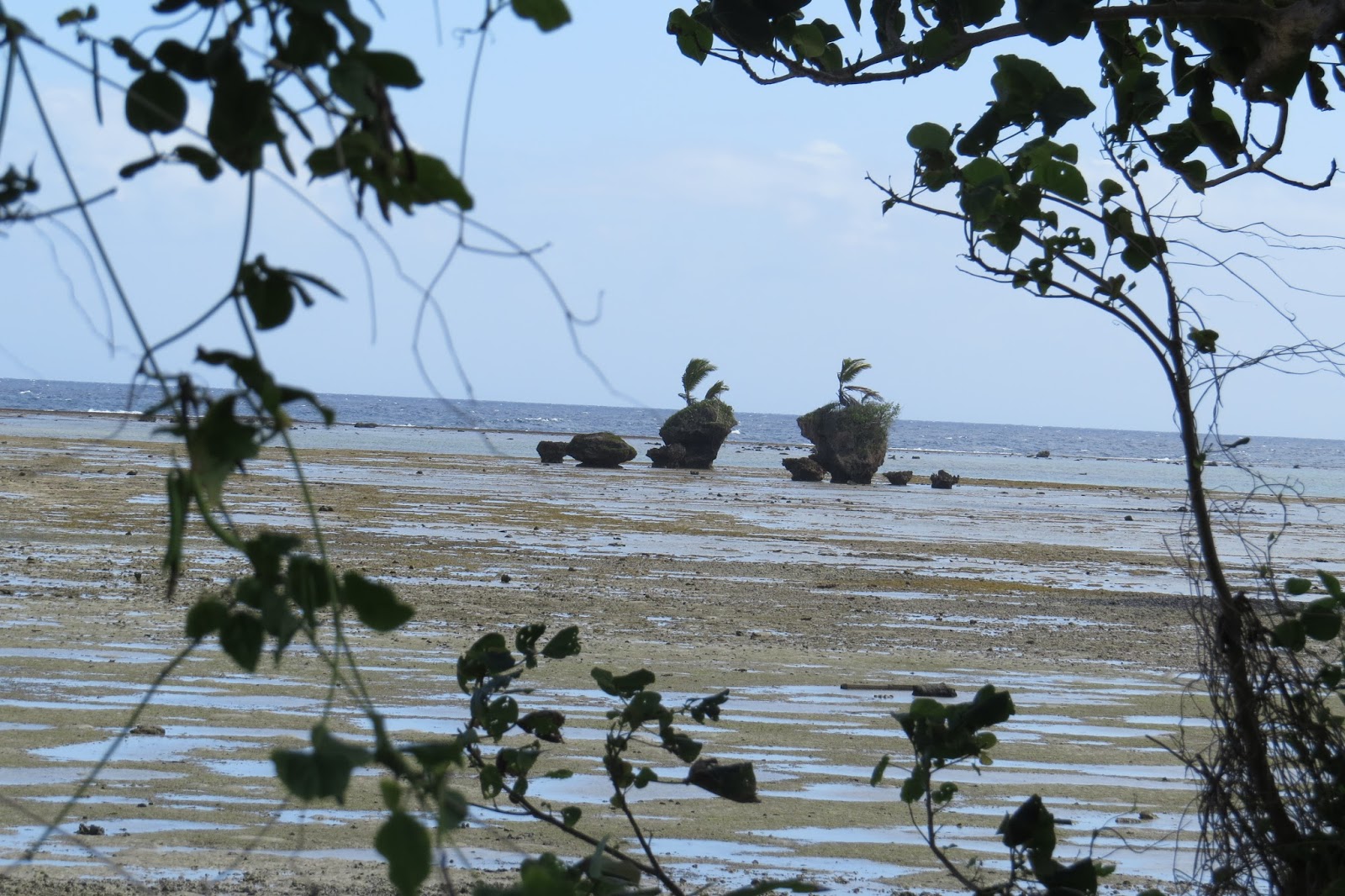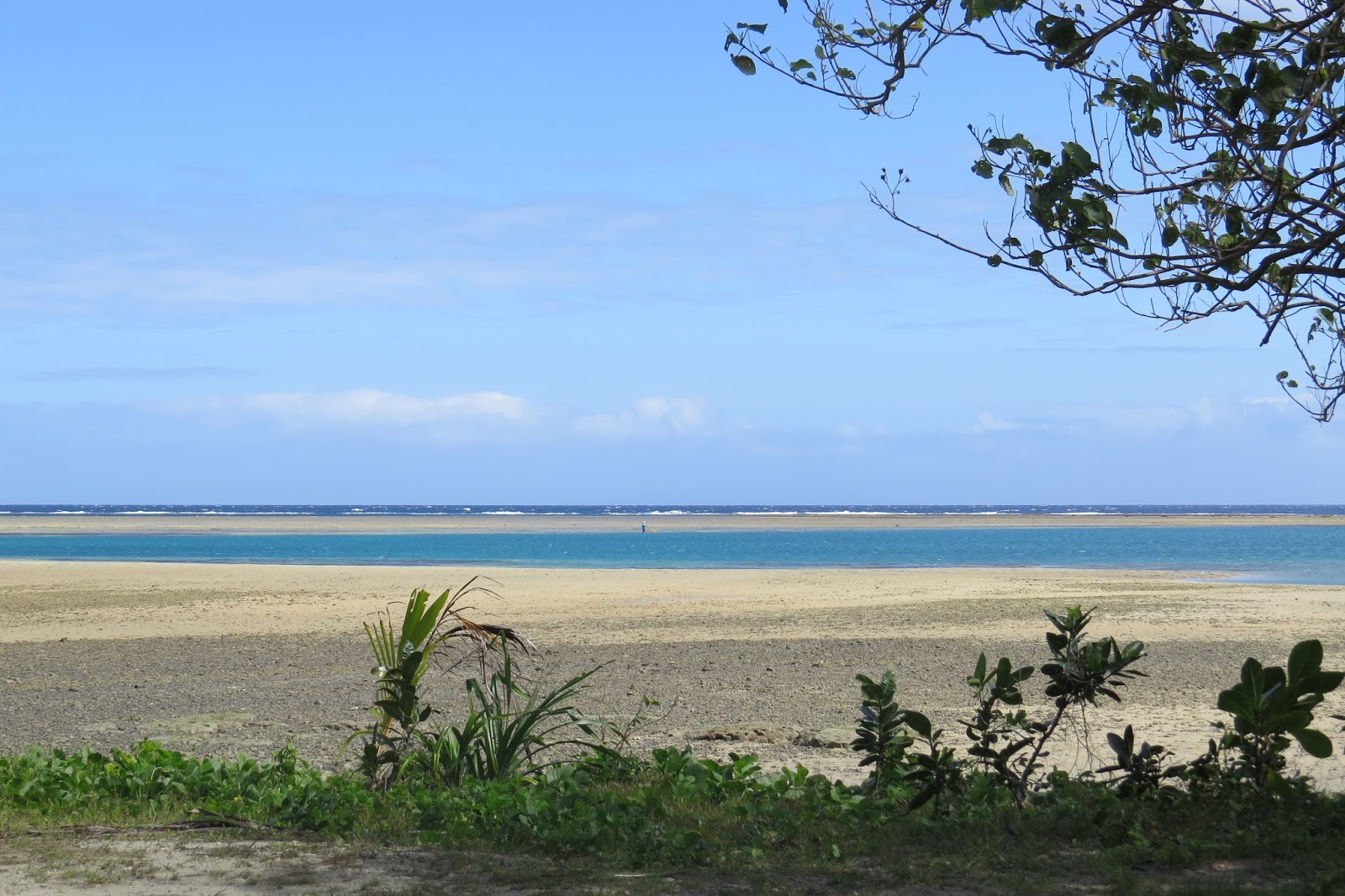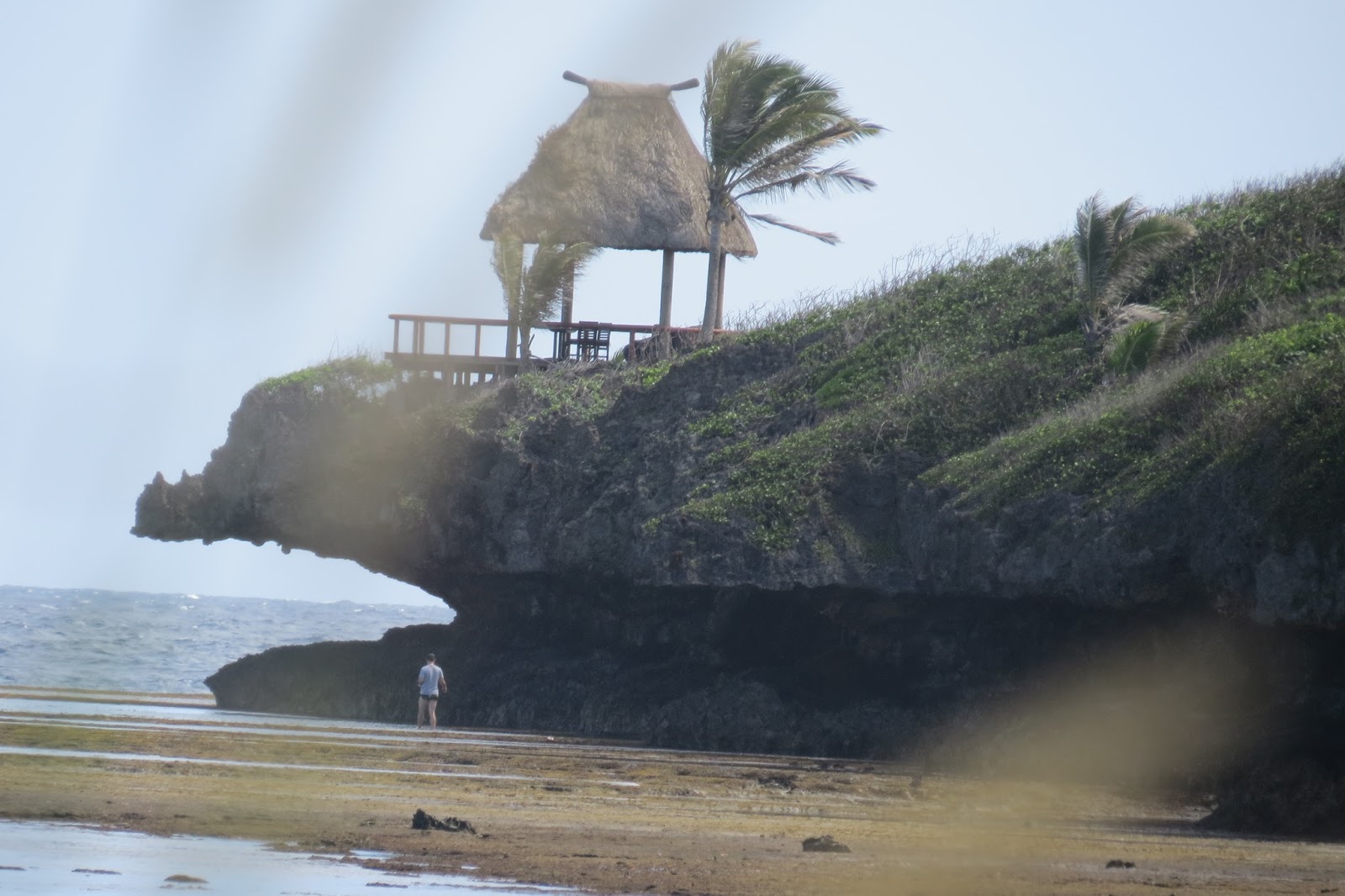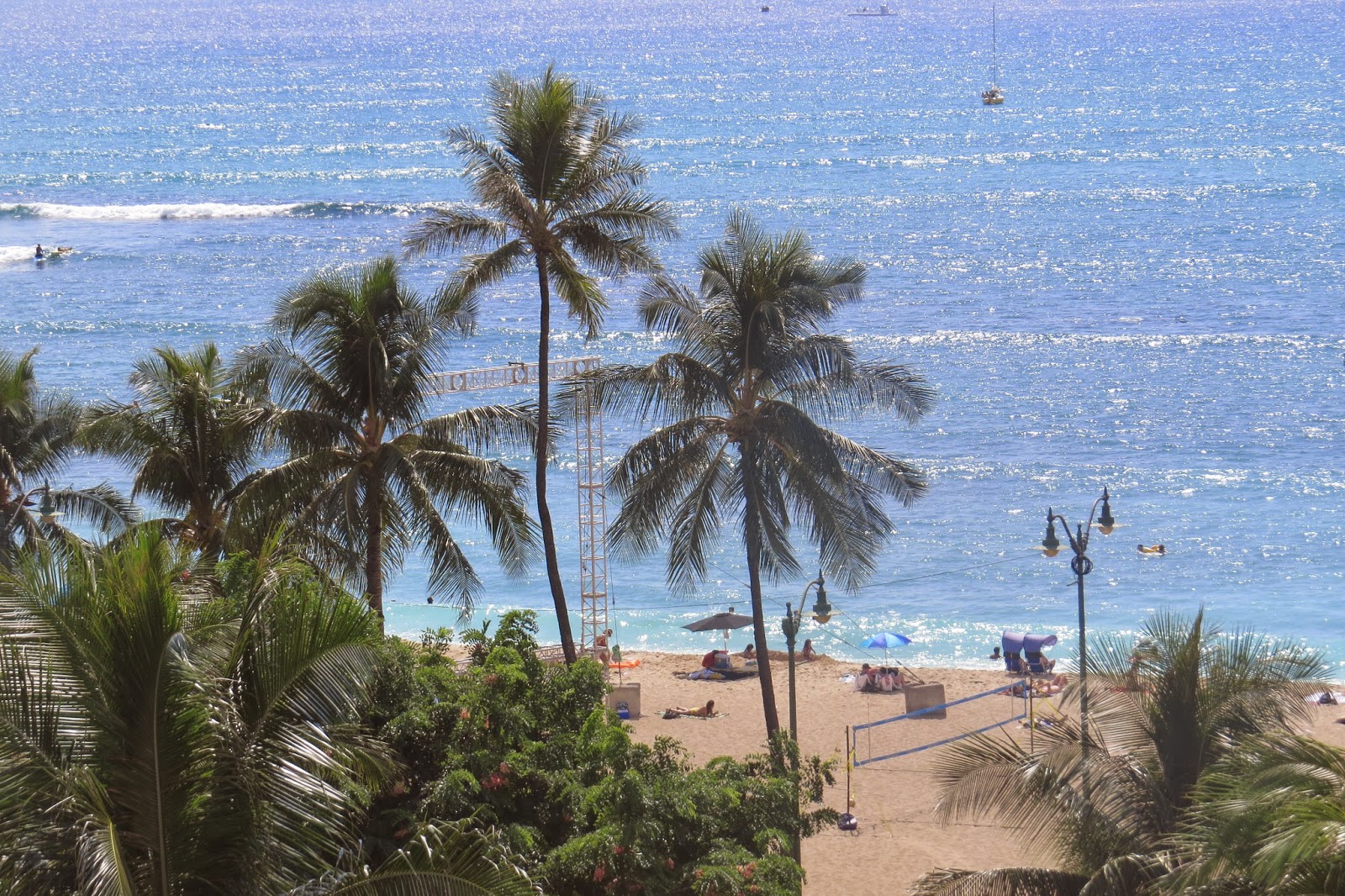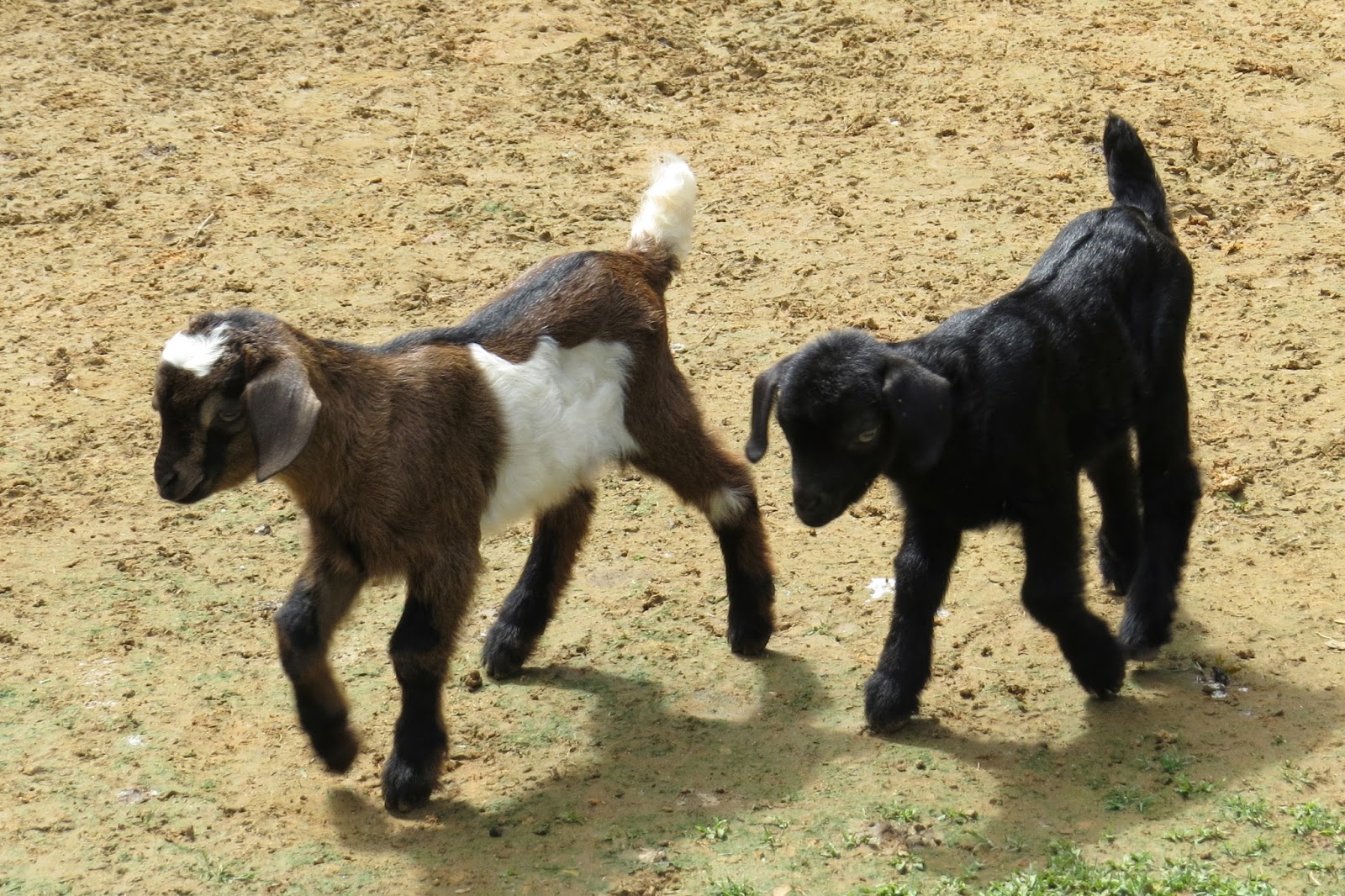 |
| Tourist information at the police station. |
When a tourist is visiting a third-world country partaking in its historical beauty with the intention of expanding their personal horizons through exposure to a land far removed from their own reality, they have an opportunity to experience life from an entirely different perspective.
Although we’ve had a tendency to avoid visiting war-torn countries, we have been to many countries where armed guards were stationed at every corner and safety could easily be compromised in the blink of an eye.
We’ve had the experience of having our driver’s car searched upon entry to a strip mall’s parking lot. We’ve been frisked when we entered the market, the chemist and the phone store.
 |
| The local courthouse has few cases. |
Two years ago we were living in Kenya when the horrific attack on a mall in Nairobi occurred. Although we were many hours drive away, our family and friends expressed concern as to our presence in a relatively high-risk environment. We have no regrets for the experiences of living in that and other countries.
But, that’s easy for us to say when our three months living in Kenya passed safely for us. We’ve visited war-torn countries, countries of political unrest, countries with riots in the streets, all with high risks of carjacking, bombings, and gunfire.
What constitutes a third world country? In some older references, it’s stated that a third world county is a “nonaligned nation, often developing nations” based on associations to other industrialized nations. Today, the definitions are vague. The term is used less often. But, the concept seems to revolve around economics and growth.
In those respects, Fiji, especially Vanua Levu is a third world country. The word “industrialization” is far removed from a description of this nation as a whole.
There are no factory workers, no factories, no rail lines, and most modern products are shipped into the country via containers on ships, including household goods, furniture, cars, most clothing, technological equipment, and all packaged food products.
From the perspective of a tourist, typically staying in a modern hotel, many of these aspects are less apparent. They dine in the quaint local restaurants, shop in the locally owned shops, visit the typical tourist spots and come away with a perspective of comfort, luxury and abundance, much of which is provided by the hotel or resort and its tour relations.
Hotels and resorts in their efforts to build their own economic wealth often provide an “all-inclusive” environment, often keeping tourists utilizing their amenities rather than seek outside local resources to enhance their vacation/holiday.
Yes, they employ the local people surely adding a benefit to the nation’s economic growth as well as enhancing the quality of life for its employees. For visitors who stay for extended periods, such as us, don’t have the luxury of these pre-arranged price-included services and amenities.
But, the “real” Fiji is its natural beauty, its warm and welcoming people, its exquisite ocean views, and its simplicity in that “less is more.” With a “less is more” mentality comes challenges often far removed from the reality of life in many other lands.
For us, for now, we live here. Three months is a short period compared to a lifetime for the locals and their generations-long passed. But, three months is long enough to acquire the “flavor” of both the good and, the not so good, which connotes an aspect of living in this lovely nation with power outages, slow arrival of products, slow snail mail, poor wifi signals, and less advanced medical care.
 |
| The city provides housing for the police department and their families. |
In these past five days as we’ve mentioned, we’ve experienced an eight-hour power outage and five days without a wifi signal. Instead, we’ve had no choice but to use a phone for a weak signal and for receiving email for which we’re very grateful. For the long haul, more is needed.
To date, this hasn’t occurred as we continue to wait patiently as Mario scrambles to discover a possible viable solution. We appreciate his diligent efforts.
Soon, we’re headed to the village for shopping which is one of our favorite activities of living in a less modern environment. Shopping in Savusavu is both rewarding and enriching and we love every moment of wandering through the local shops, talking and smiling with the locals, and extending our heartfelt “bula” along with theirs.
 |
| A portion of the barracks provided for the police force employees. |
With clouds overhead, we doubt we’ll do any sightseeing today. Shopping is our second priority when we’ve consumed almost every morsel we’ve had on hand. Ratnesh is picking us up at 11:00 am for today’s list of priorities to include:
1. Stop at ATM for cash
2. Visit both digital data stores
3. Visit the pharmacy for a pair of reading specs (mine broke, which I use at night after removing my contacts)
4. Shop at the Farmers Market for produce for a long list
5. Shop at the grocery stores with a shortlist
6. Stop at the meat market to pick up the chickens Helen is holding for us and to purchase more streaky bacon and ground grass-fed beef and pork.
In essence, living in a so called “third world” country for a period of time fulfills exactly the types of experiences we find to be ultimately rewarding and memorable. With that, the challenges become a part of normal, everyday life. We continue to accept these challenges while seeking solutions that may, in the long run, make it just a little easier.
Have a fabulous new day in your life!
Photo from one year ago today, October 9, 2014:
 |
| A huge banyan tree in Waikiki, commonly seen in the Hawaiian Islands. For more details, please click here. |




















